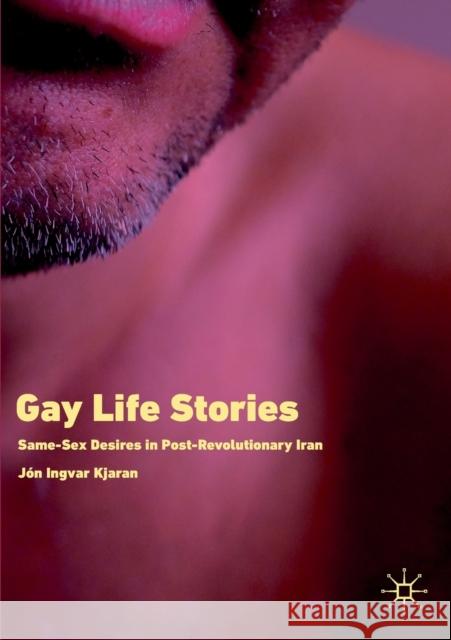Gay Life Stories: Same-Sex Desires in Post-Revolutionary Iran » książka
topmenu
Gay Life Stories: Same-Sex Desires in Post-Revolutionary Iran
ISBN-13: 9783030128333 / Angielski / Miękka / 2020 / 233 str.
Gay Life Stories: Same-Sex Desires in Post-Revolutionary Iran
ISBN-13: 9783030128333 / Angielski / Miękka / 2020 / 233 str.
cena 91,40
(netto: 87,05 VAT: 5%)
Najniższa cena z 30 dni: 91,05
(netto: 87,05 VAT: 5%)
Najniższa cena z 30 dni: 91,05
Termin realizacji zamówienia:
ok. 10-14 dni roboczych.
ok. 10-14 dni roboczych.
Darmowa dostawa!
Kategorie:
Kategorie BISAC:
Wydawca:
Palgrave MacMillan
Język:
Angielski
ISBN-13:
9783030128333
Rok wydania:
2020
Wydanie:
2019
Ilość stron:
233
Waga:
0.30 kg
Wymiary:
21.01 x 14.81 x 1.35
Oprawa:
Miękka
Wolumenów:
01
Dodatkowe informacje:
Wydanie ilustrowane











